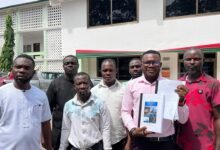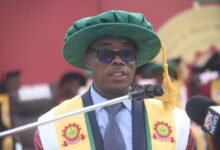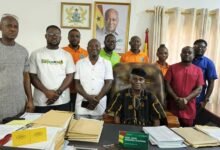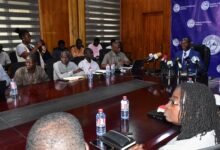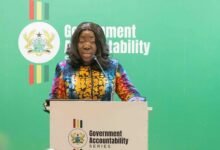Review land ownership structure — Prof. Asiama
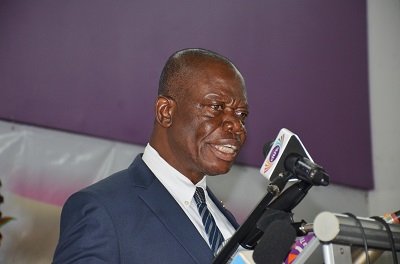
PROFESSOR Seth Opuni Asiama, a lecturer at the Land Economy Department of the Kwame Nkrumah University of Science and Technology (KNUST) has advocated a review of the country’s land ownership structure.
The current structure, in which lands were vested in a few faction of the citizenry with 80 per cent held customarily, he said, was the root cause of the land management challenges in the country.
He said the various land laws and projects in the country had failed to address the myriad of land issues because they did not address the land ownership structure, especially customary land.
Speaking at the 5th National Development Forum in Accra on Tuesday, he said the Land Bill seeking to harmonise about 166 existing land laws for effective management, would fail for the same reason.
The forum, organised by the National Development Planning Commission (NDPC) was on the theme “Long-term development perspective on land governance and ownership”
Attended by politicians, academics, development partners, the monthly forum focuses on non-partisan discourse on development issues and expectations for the country’s future as the country strives to achieve its “@100” goals.
Prof. Asiama described as shameful that the government had to appeal to traditional authorities for land for developmental projects and pay compensation for the same people who would benefit from the project.
“For the country to develop, we must be willing to take bold decisions” he said.
Aside from the restructure of land ownership, he proposed an upgrade of property rate into land tax to increase revenue mobilisation and achieve developmental goals.
He said that the Lands Commission which was to resolve the various challenges in land administration was saddled with its own challenges which needed to be addressed as soon as possible.
If the country is able to streamline land issues, it would be on the path of sustainable development because its industrialisation goals and efforts to attract investors were related to lands.
Mr Sulemana Mahama, Chief Executive Officer, Lands Commission said solutions to land problems were long term but the change of governments often stalled efforts made by stakeholders.
He said the headache of the commission was the payment of compensation for lands acquired by the government for projects which was often worsened by multiplicity of ownership and other issues.
Revealing that the compensation for the construction of the 2-kilometre N1 road in Accra was $100 million, he said such monies could have been channelled into other projects.
In view of this, Nana Kobina Nketsia V, Paramount Chief of Essikado Traditional Area in the Western Region, urged custodians of lands to consider the national interest in releasing lands.
Prof. Emerita Takyiwa Manuh, Vice Chairperson, NDPC said the issue of land management required attention because land played an instrumental role in the development agenda of the country.
BY JONATHAN DONKOR



